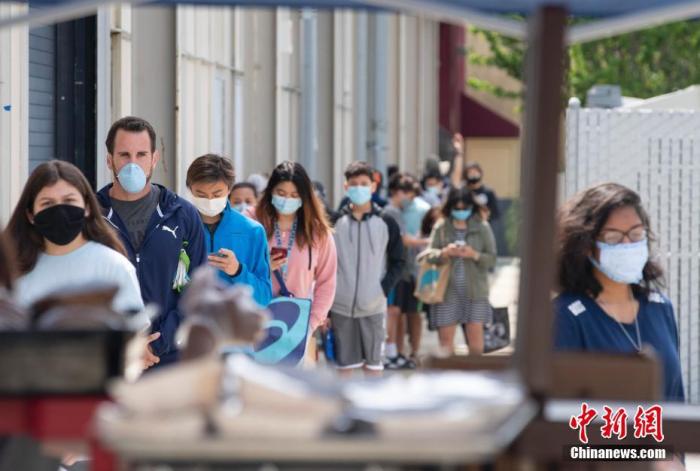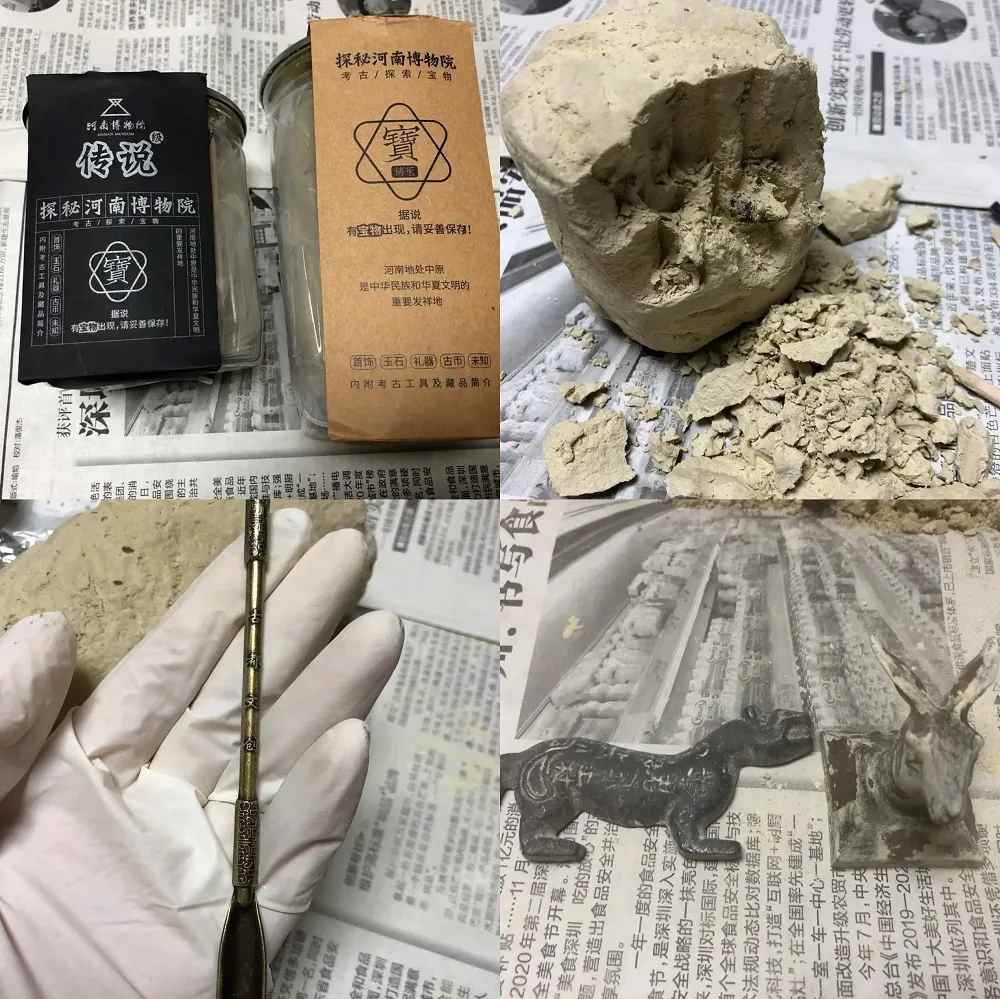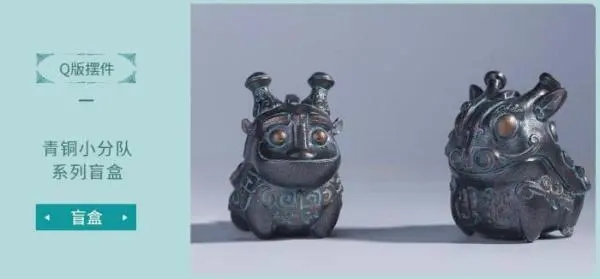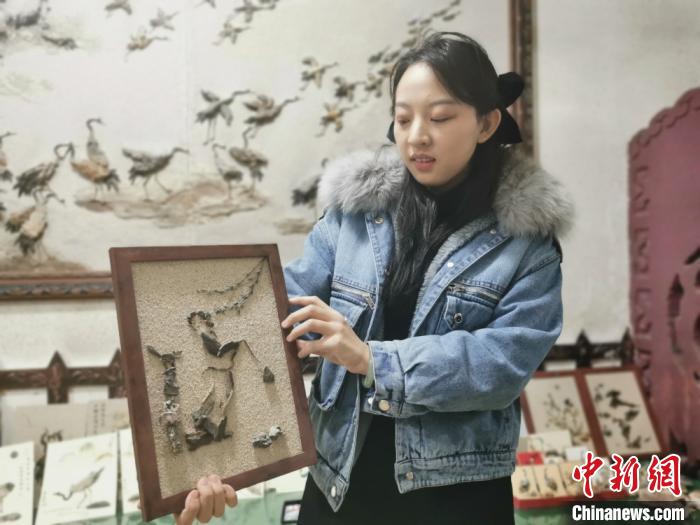(Xinhua)09:47, July 09, 2020![]()
GENEVA, July 8 (Xinhua) — More than 50 heads of state and government, alongside global employers and trade union leaders, gathered on Wednesday for a global summit to discuss comprehensive approaches to responding to the COVID-19 pandemic as the world of work has been plunged into unprecedented crisis.
Its not a choice between health or jobs and the economy, said UN Secretary-General Antonio Guterres, We will either win on all fronts or fail on all fronts.
The COVID-19 pandemic has rendered millions of workers and businesses vulnerable worldwide. More than 90 percent of the workers continue to live in countries that have implemented some form of workplace closures.
In the second quarter of this year, global working hours dropped by 14 percent, equivalent to the loss of 400 million full-time jobs, data from the International Labour Organization (ILO) showed.
Meanwhile, frontline health workers are under unprecedented pressure. The world has a duty to protect those who protect us, WHO Director-General Tedros Adhanom Ghebreyesus said at the summit.
In a video message, Guterres underscored the importance of global solidarity as the crisis cannot be solved by any country alone.
The message of solidarity was also addressed by German Chancellor Angela Merkel. We must prevent the coronavirus from producing another crisis. The pandemic has led us…to a very painful situation and has led us to the conclusion that we must work together internationally, she said.
Whether the countries are in the north or the south, whether they are richer or poorer, we either come out of this all together or we all die together, Portuguese Prime Minister Antonio Costa told the summit.
The forecasted recovery will not bring employment back to the pre-pandemic levels and the outlook for the global labour market in the next six months is highly uncertain, the ILO said last week.
The Global Summit, the largest-ever online gathering of its kind, is part of a five-day virtual event organized by the ILO to examine issues including countering the economic and social impact of the crisis.






